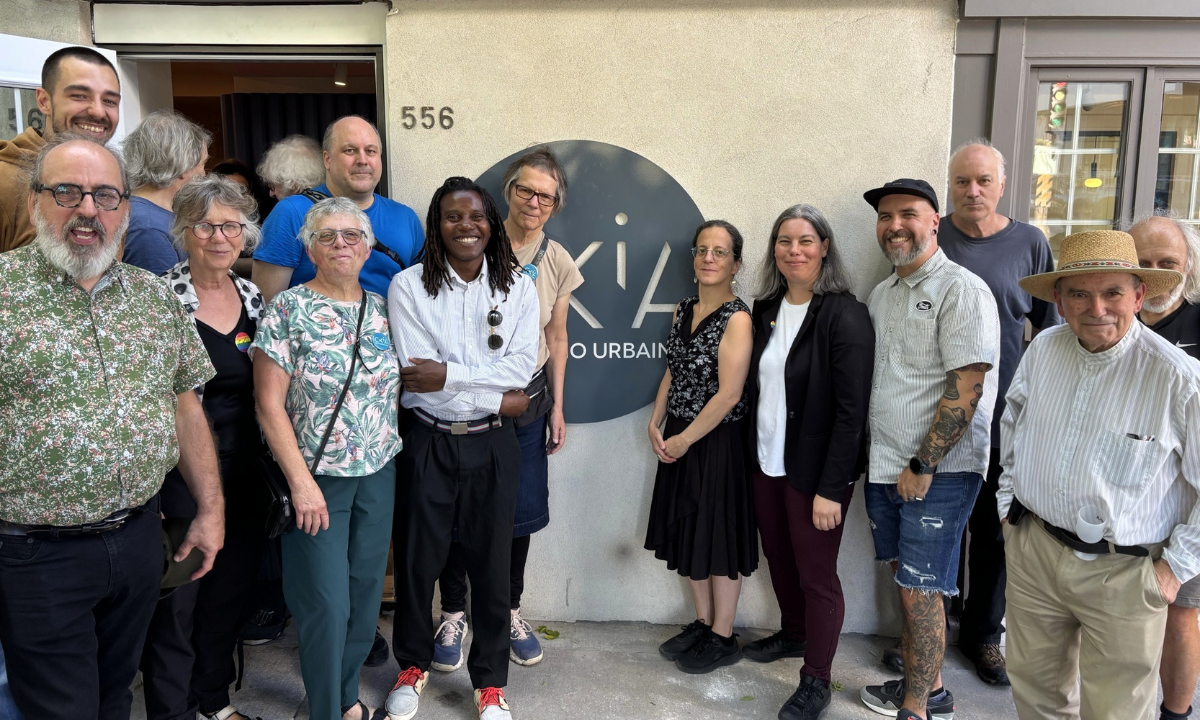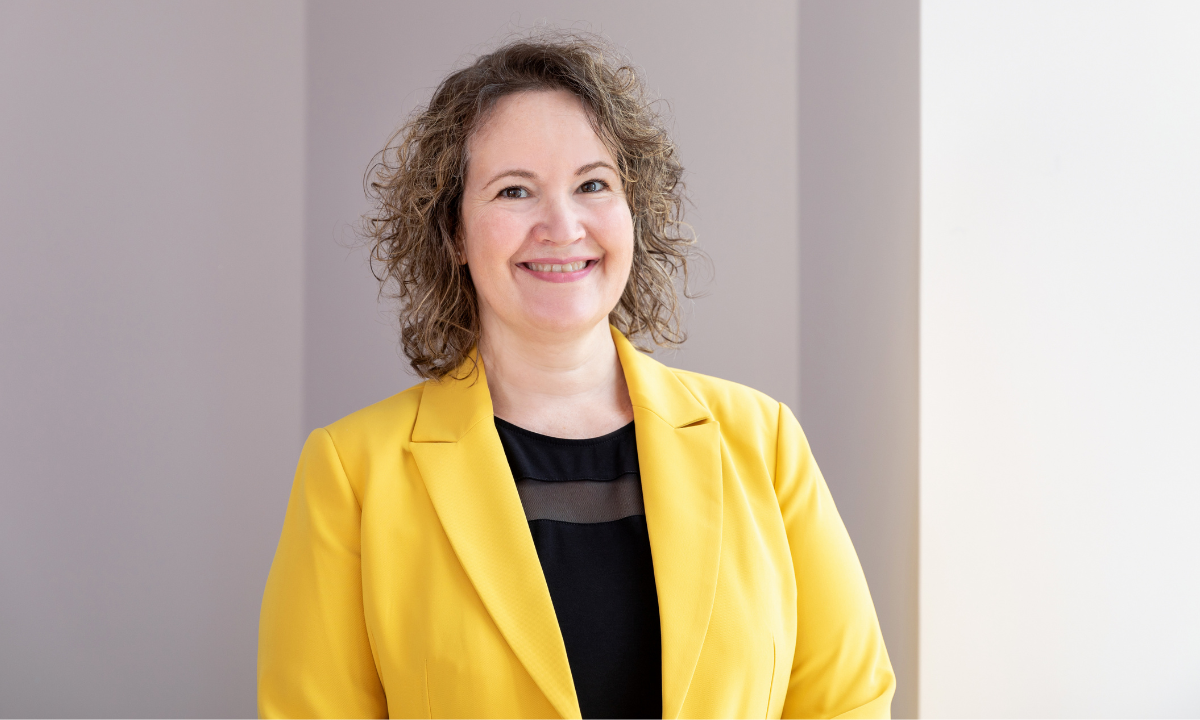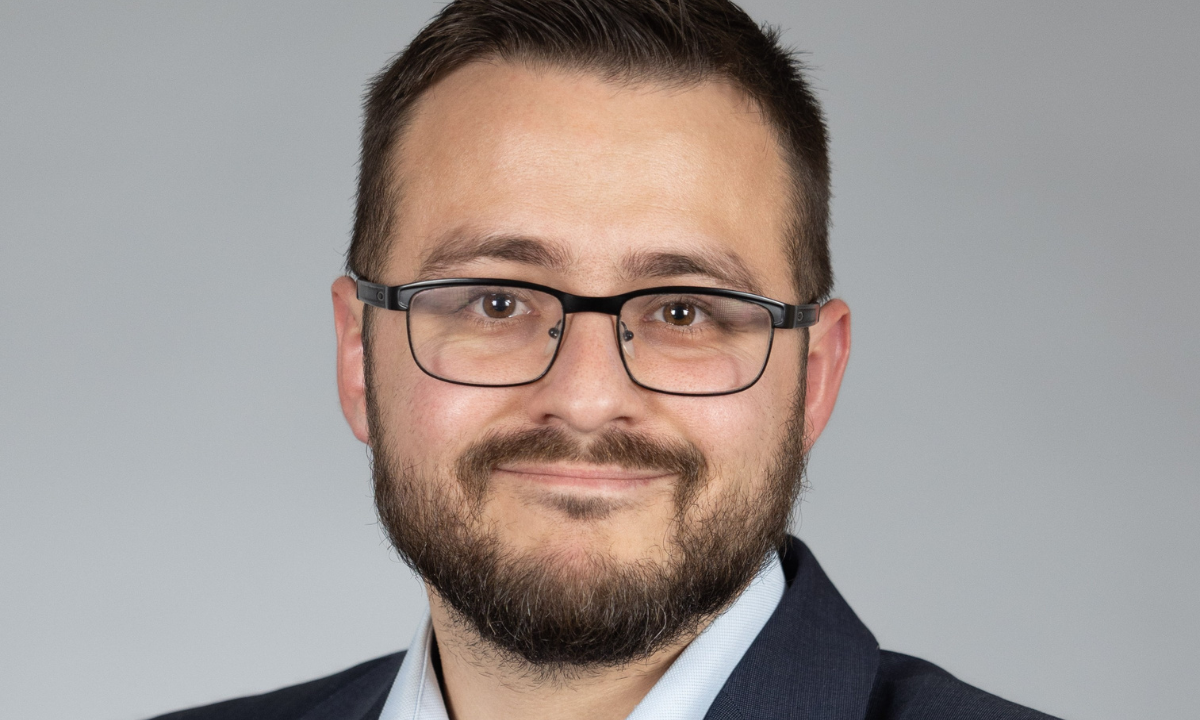Blended finance pilot fund to become permanent
Why It Matters
Pilot projects often face a make-or-break moment. Fondation Lucie and André Chagnon stepped up with a $1 million pledge to match community bonds and preferred shares issued by social economy organizations across Quebec. Over the next two years, each philanthropic dollar invested sparked an average of $12.80 in community contributions. Now, a permanent fund is taking shape.

For 40 years, the 613 souls who live in Baies-de-Sables, Que., have been going to Dépanneur B for milk, bread, and conversation.
It’s the same time period that Quebec City residents have listened to community radio station CKIA FM.
“These two organizations are firmly rooted in their territory,” said Nathalie Villemure, General Manager of Le Réseau d’investissement social du Québec (in English, the Quebec Social Investment Network.)
Those two organizations, along with 11 others with similar values, received funding through a blended finance pilot project called Fonds l’ampli, which Future of Good first reported on in 2023.

Fonds l’ampli was launched in March 2023 as a pilot project. La Fondation Lucie et André Chagnon pledged $1 million to match the community bonds and preferred shares campaigns from social economy organizations across Quebec.
All investments are transformed into a four per cent loan after three years. In this way, the traditional financial funding model is reversed; the organization repays all individual investors first when community bonds mature, then it repays the lender.
“The [fund was] designed to derisk citizens’ investments,” said Villemure.
The experiment was successful, said Villemure. Each philanthropic dollar invested generated $1.60 from the community, for a total of $7 million, and $12.80 from financial partners.
On average, each of the 13 campaigns gathered 88 small investors.
“The message is strong: citizens were willing to invest their own money to make sure these projects happen,” said Villemure.
At risk of closure
Dépanneur B was at risk of closing when owner Bérangère Fournier decided on a well-deserved retirement.
A campaign aiming to raise $120,000 to turn the commodity store into a solidarity cooperative raised $185,000 and received $100,000 from the Fonds l’ampli, the maximum threshold for the matching funding.
The financing helped turn the store and gas station into La Coopérative de solidarité de Baies-des-Sables.
Meanwhile, CKIA FM had been dealing with housing instability since its beginning.
A $75,000 community bonds campaign, plus the matching equivalent for Le Fonds l’ampli, completed the financing to acquire and transform the space at 556 Carré Lépine into “La Maison de la radio (The Radio House).”
CKIA FM decided on $250 bonds, for a maximum of $750 per investor, with a three per cent interest rate payable in three years.
Due to the overwhelming success, in September 2025, La Fondation Lucie et André Chagnon added another million to Fonds l’ampli.
“The ripple effect of the first million convinced us to reinvest for continuity while Le Réseau d’investissement social du Québec works on a permanent fund,” said Jérôme Lacasse, social finance manager at La Fondation Lucie et André Chagnon.

La Fondation noted the projects’ geographic and sectoral diversity—almost half of Quebec’s regions are represented, said Lacasse.
“The projects that citizens financed cover a broad spectrum, from food systems to social integration organizations, including community facilities, affordable housing and tourism,” he said.
The fund is a territorial development tool that aligns with the Fondation’s mission, said Lacasse.
“We work on preventing poverty and inequities so young Quebecers can thrive.
Transforming the economic systems is a path toward this objective, and strong social economy enterprises contribute to this transformation,” he said.
“They offer a different way to deliver goods and services with extra-financial impacts.”
Turning the pilot into a permanent fund will require new financial partners, said Villemure, noting they’re meeting with the philanthropic and impact investing communities and will be applying for financing from Canada’s Social Finance Fund
The goal is to raise $5 million for the fund.
“Some might think it is small, that nothing is possible under $20 million, but it depends on your support system,” she said.
Quebec has 22 social economy hubs, a co-operative collective, and social finance institutions, all of which have contributed to promoting Le Fonds l’ampli.
They also helped project leaders prepare their community bonds or preferred shares campaign and apply for the matching funds. Thus, Fonds l’ampli does not need to recruit these skills.
Unlike traditional funds, Fonds l’ampli is designed to include small investors, opening untapped territory for social economy financing, said Villemure.
However, there is a financial and economic literacy challenge.
Before COVID, Canadians felt confident about their level of financial literacy, with 61 per cent reporting feeling financially knowledgeable.
Today, this level is at 48 per cent.
“We need all the pieces to move together,” said Villemure.
“Canadians should be introduced to participative finance. It could be included in the following versions of the provincial and federal governments’ financial literacy strategy,” she added.
The permanent matching fund will benefit from the pilot’s learnings. “We are writing practical guides documenting the campaign process so that more economic and social development experts can support more entrepreneurs,” she said.
However, one critical question remains: Will the permanent fund finance non-profit real estate projects? Should it?
“Social economy addresses basic needs like housing. However, real estate projects are more costly than the average l’ampli projects. We would need more than $5 million to keep financing other sectors,” said Villemure.
The term is also to be considered. On average, community bonds are reimbursed between three and five years.
“Is it too fast for non-profit real estate organizations? We are discussing with them whether it fits their business model, or should we work on another financial innovation,” said Villemure.
